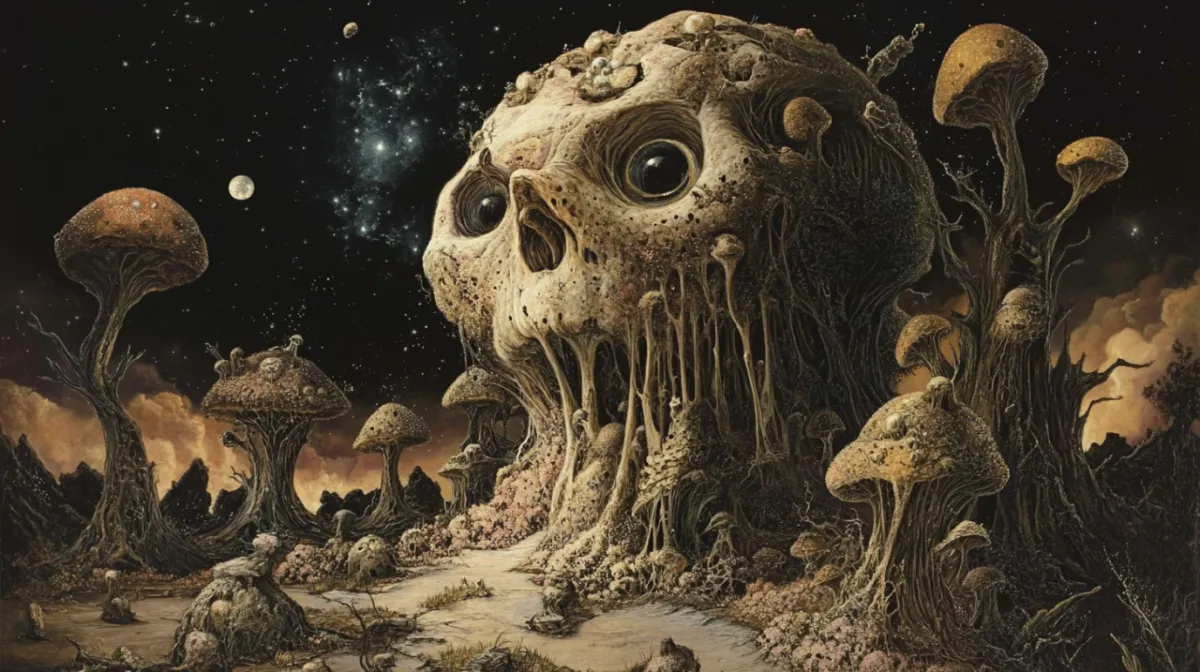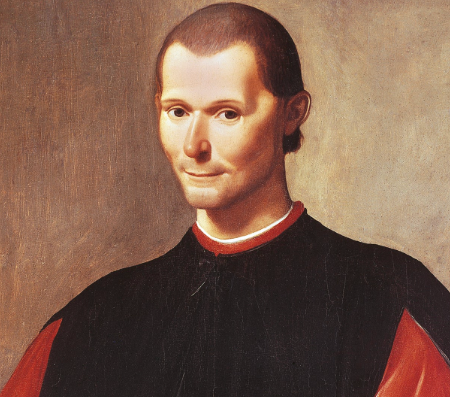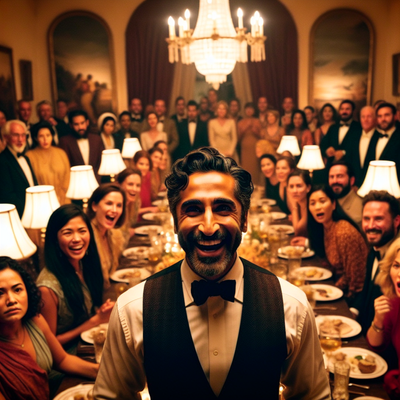Who the Hell was... Machiavelli?
Imagine you’re living in Renaissance Italy, a time of backstabbing, power struggles, and city-states ruled by warlords in fancy robes. Machiavelli, having been a diplomat (and later a prisoner), wrote The Prince as a guide for rulers on how to gain and keep power. He didn't sugarcoat things. He didn’t care about virtue, justice, or playing nice. He cared about results.
Men are driven by two principal impulses, either by love or by fear.
― Niccolò Machiavelli, The Discourses
What Does It Mean to Be Machiavellian?
To be Machiavellian is to play the game of power like a chess grandmaster who isn’t afraid to knock a few pieces off the board when the referee isn’t looking. It means being strategic, manipulative, and pragmatic—sometimes at the expense of morality.
A Machiavellian person understands that:
People are predictable – They crave security, status, and control, which makes them easy to manipulate.
Lies, if useful, are necessary – Truth is fine when convenient, but deception can be a shortcut to success.
Fear beats love – Ideally, a ruler should be both feared and loved, but if you have to choose, fear is the safer bet.
Morality is optional – The ends justify the means. If bending or breaking the rules helps you win, then so be it.
Machiavelli’s philosophy wasn’t about being evil for evil’s sake—it was about being effective. If keeping power meant being ruthless, then ruthlessness was a virtue. If mercy served a purpose, then by all means, be merciful. But never at the cost of control.
Never attempt to win by force what can be won by deception.
― Niccolò Machiavelli, The Prince
Is Machiavellianism a Bad Thing?
Depends on who you ask.
Politicians? They live by it.
CEOs? Many wouldn’t be where they are without a Machiavellian streak.
Regular people? Well, if you’ve ever flattered someone to get what you want, played dumb to avoid blame, or kept a secret to maintain an advantage, congratulations—you’ve dabbled in Machiavellianism.
Modern psychology even recognizes “Machiavellianism” as a personality trait in the "Dark Triad," alongside narcissism and psychopathy. But unlike those traits, Machiavellianism is about strategy, not impulse. It's less "chaotic evil" and more "lawful evil"—or at least "lawful neutral."
If an injury has to be done to a man it should be so severe that his vengeance need not be feared.―Niccolo Machiavelli, The Prince
Should You Be Machiavellian?
If you want to rise to power, probably. If you want to keep your soul intact, maybe not. Machiavelli wasn’t encouraging unnecessary cruelty—he was just honest about the cutthroat nature of power. And whether you like it or not, the world still runs on Machiavellian principles.
So the next time someone calls you Machiavellian, take a moment. Are they insulting you? Or just admitting that you know how to win?
For my articles in this series, visit or bookmark the following;

Brent Antonson: Where Extraordinary Recall Sparks Insight.







